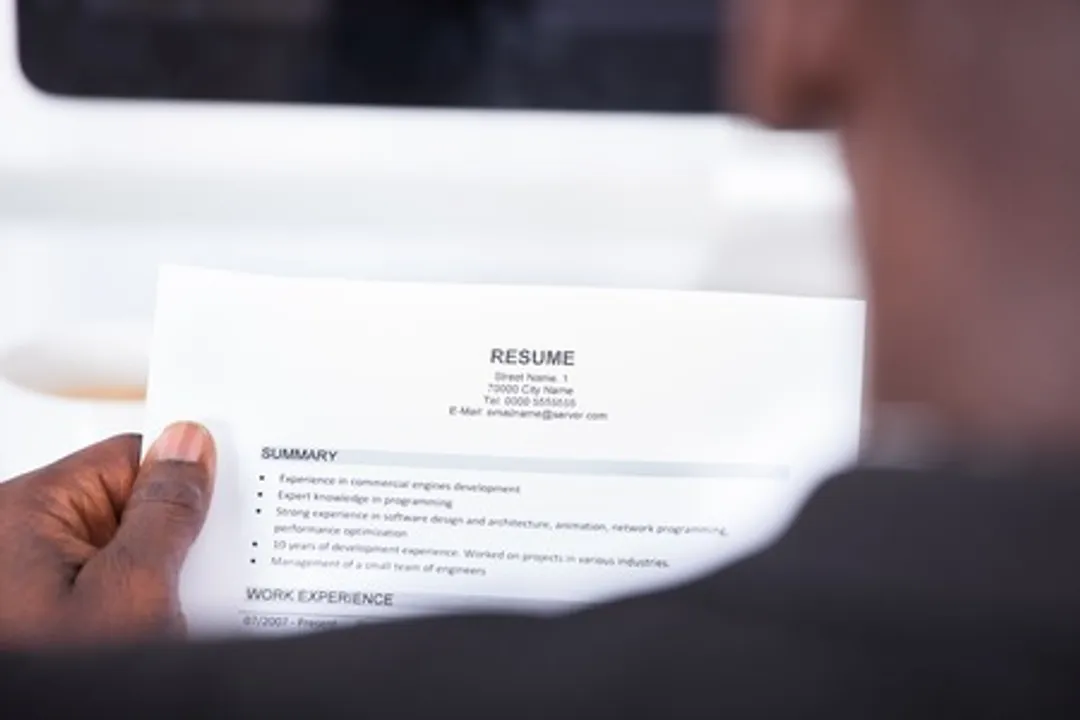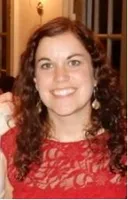Resume Building Tips for Healthcare Professionals
By Allison Clark - May 4, 2017

Andriy Popov/123RF.com
Build Your Best Resume When You’re Not Looking for a Job
It’s easy to concentrate on making a good resume when you are looking for your first job or your next one. But, have you considered what you can be doing during the “in between” time? What can you do now to maximize your opportunities and make the job search easier when it comes around?
- Make yourself a better-looking candidate (and clinician)! Take advantages of opportunities at work that will make you more marketable. The more you do, the stronger your resume will be. Say yes!
- Improve your clinical skills and specialties. Are you taking advantage of continued education opportunities? Have you found your niche? Are there specialty exams or advanced training in your field you can complete? Are there new cutting edge treatments or technologies you can learn to use?
- Take advantage of leadership or administrative opportunities. Are you able to lead projects or committees? Are there courses available to make you a better leader? Can you help with quality improvement or accreditation? Are you involved with your professional organization at a state or national level? Are you supervising anyone or helping with orientation or training of new staff?
- Get involved in teaching. Can you be a clinical educator or instructor for interns or students? Is there a nearby university that is looking for part-time help with teaching or with labs? Can you teach your coworkers or others in the hospital about a particular topic? Are you involved with improving patient and family education at your facility?
- Initiate a research project. Can you do a literature review or case study? Is there a consistent problem at your facility that you think you could improve? Can you do a retrospective review on the outcomes of a particular group of patients? If these are too overwhelming, can you start a journal club with your coworkers to help share and discuss research?
- Volunteer. Are you involved in things outside of your work? Can you share your talents to help a worthy cause? Does your facility do any outreach work or community education?
- Market yourself with other skills, too. Do you speak another language? Have you learned more computer skills or helped with healthcare information technology development? Are there other skills you have that others do not, and they look to you for help?
- Keep your resume current, even when looking for a job is the last thing on your mind.
- Be prepared. In the fast-paced healthcare environments, it’s hard to recall what you did five years ago, much less a few months ago.
- Some tips: Try to keep a calendar reminder or have it saved on your desktop so that you can add to it on a more regular basis. Make sure to keep a file of your continuing education certificates, your performance reviews, and anything else that could help sell you. Try to keep a list of EVERYTHING you’ve done, which you can edit when you have a specific job in mind.
- Review yourself every once in a while. You may be surprised as you review all that you’ve done. Perhaps this may help you realize you are qualified for moving into a different position or path and ready to put your resume back out there.
- Be prepared. In the fast-paced healthcare environments, it’s hard to recall what you did five years ago, much less a few months ago.
Making a good resume is important, but that’s for another blog. What is even more important is to make yourself a great clinician who continues to grow and be open to all of the opportunities that await! The resume itself will fall into place if you have the depth and breadth of experience that potential employers want. So, find what you’re interested in and get to work!
Related Posts
Posted In
Tags

About Allison Clark
Allison Clark is a physical therapist with over 10 years of experience, primarily in hospital-based pediatrics in Atlanta, Georgia. She is a graduate of Saint Louis University with a Master’s Degree in Physical Therapy. She is a Pediatric Clinical Specialist, a Credentialed Clinical Instructor, and a Certified Brain Injury Specialist. She recently moved to Lima, Perú and is figuring out what her next steps will be!